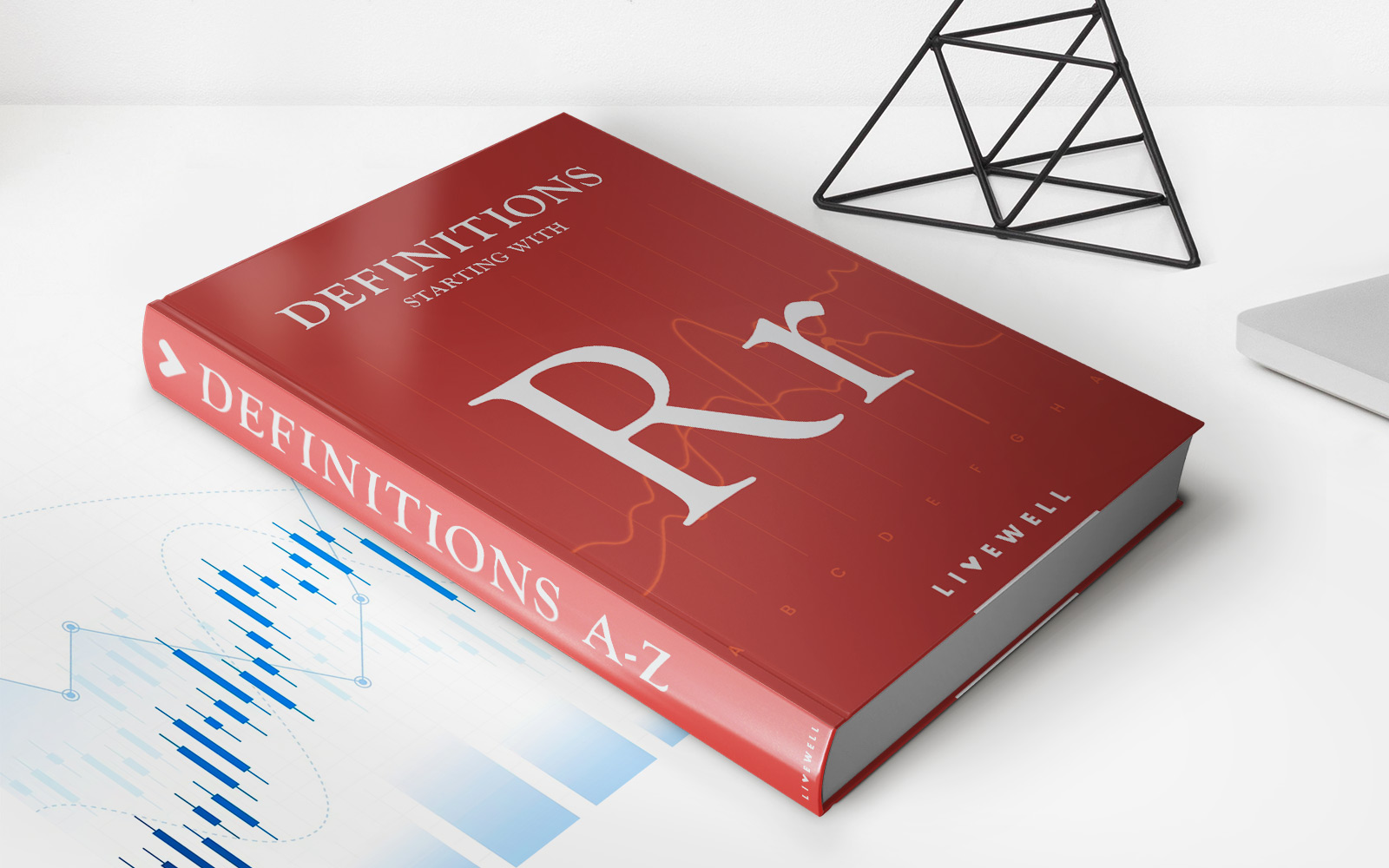Home>Finance>What Is An Insurance Score? Definition, Purpose, And Example


Finance
What Is An Insurance Score? Definition, Purpose, And Example
Published: December 10, 2023
Learn the definition, purpose, and example of an insurance score in finance. Understand how this score affects your insurance rates and coverage decisions.
(Many of the links in this article redirect to a specific reviewed product. Your purchase of these products through affiliate links helps to generate commission for LiveWell, at no extra cost. Learn more)
What Is an Insurance Score? Definition, Purpose, and Example
When it comes to your financial health, understanding the various factors that can impact your insurance rates is essential. One such factor is your insurance score. But what exactly is an insurance score, and how does it affect your insurance premiums? In this article, we’ll dive into the meaning of an insurance score, its purpose, and provide an example to help you grasp its significance.
Key Takeaways:
- An insurance score is a numerical representation of an individual’s likelihood of filing an insurance claim.
- Insurance scores are calculated using various factors, including credit history, previous claims, and driving record.
Understanding Insurance Scores
An insurance score is a numerical representation that insurance companies use to assess an individual’s risk level and determine the likelihood of filing future claims. It is an important component they consider when determining insurance premiums. However, it’s important to note that an insurance score is different from a credit score, although both are often intertwined.
Insurance scores are calculated based on a range of factors such as your credit history, previous claims made, driving record, and other relevant data. By analyzing this information, insurers can predict the probability of an individual experiencing a loss and adjust policy rates accordingly.
The Purpose of Insurance Scores
Insurance scores serve as an indicator of an individual’s potential risk, helping insurers differentiate between low-risk and high-risk policyholders. By using insurance scores, insurance companies can set more accurate premiums based on the probability of a claim being filed. The higher the insurance score, the lower the perceived risk.
Insurance scores not only benefit insurance companies but policyholders as well. Customers with higher insurance scores are often eligible for lower premiums, reflecting their lower risk profile. On the other hand, individuals with lower scores may face higher insurance rates due to the perceived increased likelihood of filing claims.
An Example of How Insurance Scores Work
Let’s say Susan and Mike are both applying for auto insurance. Susan has a strong credit history, a clean driving record, and has never filed any claims in the past. Mike, on the other hand, has several previous claims, a less favorable credit history, and a few speeding tickets on his record.
Based on their respective insurance scores, insurance companies would assess Susan as a lower risk individual, therefore offering her a lower premium. In contrast, Mike’s lower insurance score would indicate a higher risk, resulting in a higher premium.
It’s important to note that each insurance company may have its own proprietary formula for calculating insurance scores. Therefore, the specific weight given to each factor may vary between insurers.
Conclusion
Insurance scores play a crucial role in determining the premiums you pay for your insurance policies. They are based on multiple factors and help insurers assess the likelihood of you filing claims in the future. By understanding how insurance scores work and knowing the factors that impact them, you can take steps to improve your score and potentially reduce your insurance costs. Don’t forget, next time you shop around for insurance, consider your insurance score and how it may affect the rates you are quoted.














